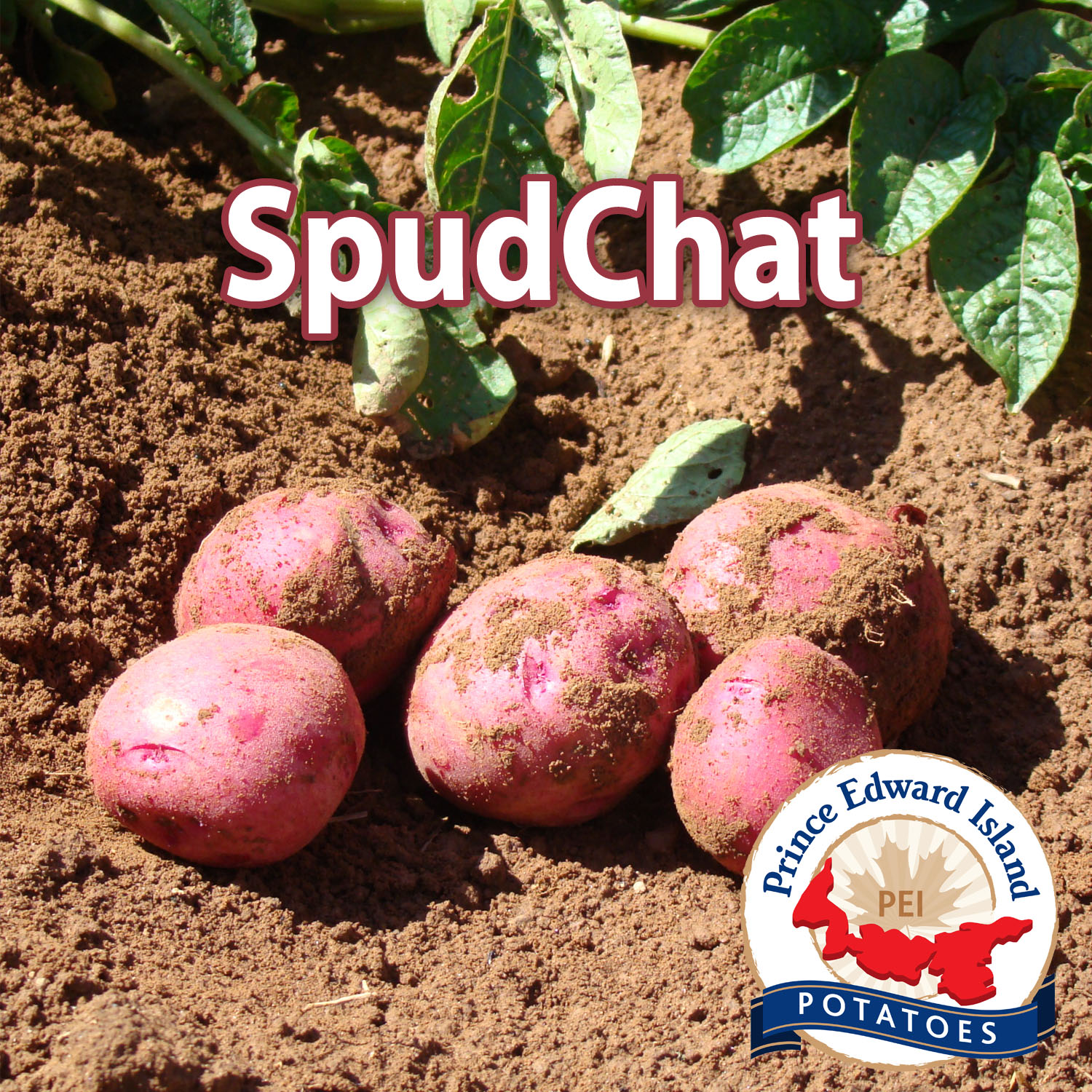
27 Apr Agronomy Update – April 27
Good afternoon everyone,
Wet weather the last couple of days has slowed down land preparation quite a bit…it has also slowed down my soil sampling plans for this week…but hopefully some drier weather later this week will help. Soil temps are still quite cool, but the long range forecast looks more promising for getting going on planting before too long.
New Podcast – SpudChat:
Many of you will have seen a release this morning about our new podcast (SpudChat) that has now been launched. I’m excited to share this with you, as I think it’s one more extension tool to share research and agronomy with growers and industry partners in an easy-to-access form.
For those that don’t already listen to podcasts, you can easily download them using one of several different apps/directories (Apple Podcasts, Google Podcasts, Spotify, Stitcher, etc) at no cost. Or, you can listen to episodes direct on a dedicated page at: https://spudchat.buzzsprout.com/ Some of the podcast directories don’t list SpudChat yet but will do soon…just takes a few days to activate everywhere.
I listen to a lot of different podcasts on a variety of subjects. I usually listen to them when I’m driving or when I go for walks with my headphones on. SpudChat episodes will be around 30 min long and will cover a range of topics, mostly as conversations with folks in the potato industry, both here in PEI and elsewhere.
If you have ideas for topics or interviews you’d like to hear on SpudChat, please feel free to let me know!
IPM Programs 2021 from PEIDAL:
Sebastian Ibarra recently reminded me that the PEIDAL has made a few changes to IPM programs this year. Some programs to consider:
1- IPM Data based decisions: internal max through CAP lifetime has gone up from $5,000 to $7,500. Folks can apply to cover the costs of monitoring/forecasting pests if they use the data to make pest management decisions using the data and provide information, i.e. examples, to back that claim.
2- IPM Trials: Funding is calculated using costs associated with trial, funding up to 75% up to $4,000. Folks can apply for funds if they are testing novel IPM strategies.
3- IPM Beneficial Crop: $50 per acre of crop benefited up to $1,000 per field and up to $3,000 per year. For folks having a beneficial crop such as nurse crop or pollinator crop, etc. at the time of commercial crop. Examples include collards as sacrificial crops in a cabbage fields, temporary insect strips in row crops, native plants field borders in orchards, etc.
You can read about these programs here, the IPM programs start on page 25: https://www.princeedwardisland.ca/sites/default/files/publications/af_asp_guide.pdf
Lastly, there is the new Soil Management program: Incorporating New Soil-Building Crops Into Rotations program, you can find it on page 12 here: https://www.princeedwardisland.ca/sites/default/files/publications/af_asp_guide.pdf
Funding is:
- A:
- $60 of assistance per acre up to a maximum of $1800 per field.
- The funding maximum is $4000 per year per applicant with a maximum of $8000 over the life of the CAP Framework Agreement (2018-2023). ·
- B:
- $100 of assistance per acre to a maximum of $3000 per field if planting the soil building crop is an extension of the existing rotation.
The funding maximum is $7000 per year per applicant with a maximum of $14,000 over the life of the CAP Framework Agreement (2018-2023).
Eligible Expenses
- Acreage planted in an approved, full season, soil-building rotational crop; and
- Acreage planted with new or novel crops with soil building potential.
Ineligible Expenses
- Acreage in long-term pasture, forage, or fallowed land;
- Acreage in crops that will be harvested and removed from the field; and
- Acreage on less than a 3-year rotation.
For more information or to apply, please contact Sebastian at (902) 314-0388 or sibarra@gov.pe.ca.
Seed Size/Management Trials:
I am still looking for a couple of growers who would be interested in field trials on seed management. Particularly, I’d be interested in hearing from growers who would be interested in a small trial looking at:
- Planting whole seed first, followed by cut seed later versus planting all seed together.
- Comparing different average seed piece size on a commercial basis
- Comparing a regular run of seed versus eliminating all seed pieces under 1.5 oz.
Let me know if you’d be interested in a small trial looking at something like this…I’m also open to suggestions, but have some room to take on a handful of seed management trials this spring.
Biosecurity:
Earlier this year, the Canadian Potato Council hosted a webinar on Bacterial Ring Rot and Biosecurity. If you weren’t able to attend that day, the video is now available online at:
https://potatoresearchcluster.ca/events-news/
The webinar covers questions about BRR, but also goes in-depth on cleaning and disinfection practices to prevent the spread of BRR and similar diseases. It’s worth your time to check out this recording.
Also on the same website is more information on the different CHC research cluster projects…browse through the site to get up to speed on the different nationally-funded research projects that are underway.
Have a great rest of the week,
Ryan
